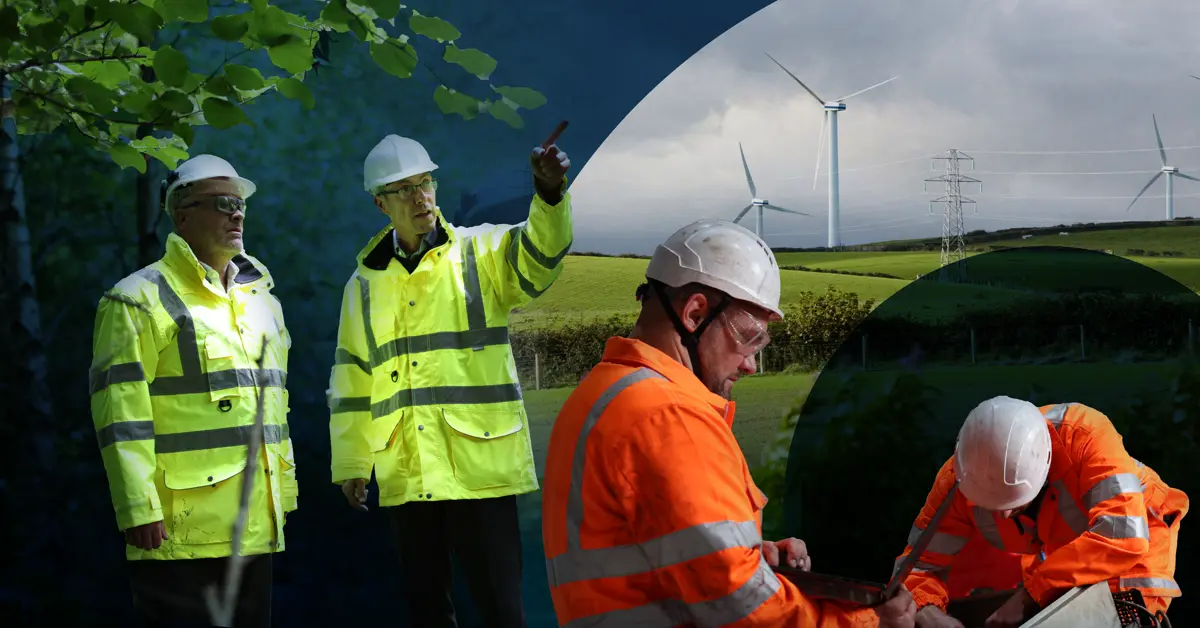our focus
sustainability

With over 65 locations across the UK, we are very mindful of the communities that we operate within. We invest in our sites and equipment to minimise any environmental impact on them and work closely with community groups on things that matter, especially improving the lives of young people.
CLIMATE CHANGE
The metal and plastic we recycle saves significant quantities of energy and associated greenhouse gas emissions every year, compared to the use of new materials. For instance in 2019 our UK operations saved approximately 4.5Mt of CO2, the total average emissions for a UK city the size of Glasgow!
See how much CO2 is saved through EMR Metal Recycling every day here.
LEADERSHIP IN SUSTAINABILITY
To ensure that we maintain a leading position in sustainability, we have invested in our own environmental consultancy. This means that we have access to the highest quality advice, skills and training, ensuring that we are able to provide market leading performance and advice for the benefit of our customers.